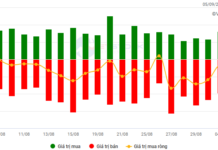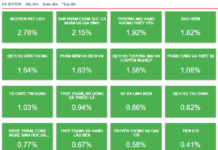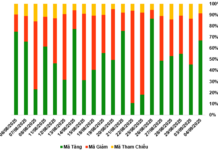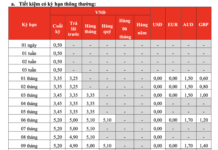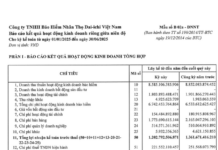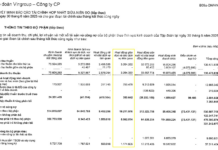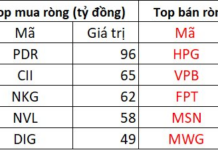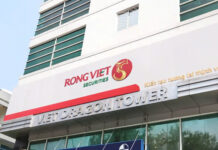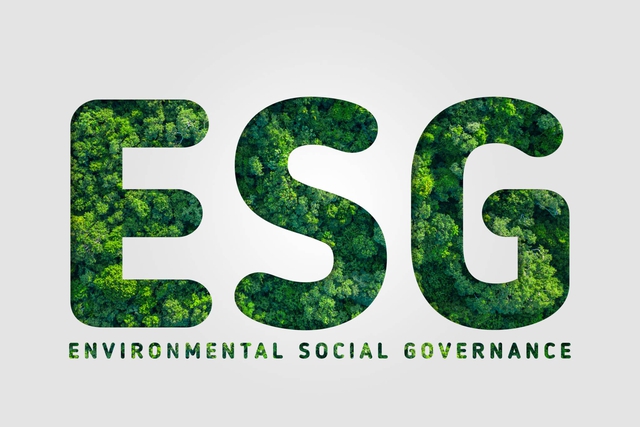
No longer an “optional” choice, green transition is increasingly becoming an imperative for businesses. Photo: Collected
ESG refers to a set of standards for Environmental, Social, and Governance (ESG) in a company’s operations. ESG acts as a guiding principle that helps stakeholders understand how a company manages risks and opportunities in these three dimensions, with the aim of promoting sustainable growth and making a positive contribution to the environment, society, and the economy.
Having moved beyond the initial “unfamiliarity” with the concept of ESG, an increasing number of Vietnamese enterprises are recognizing its importance and have plans to implement ESG within their organizations through short-term and medium-term goals. Notably, foreign direct investment (FDI) companies and export-oriented enterprises have made clearer commitments to ESG, partly due to their compliance with the policies of their parent companies abroad, as well as the requirements of markets and business partners.
Despite their advantages in terms of commercialization and abundant financial resources, large enterprises still face many difficulties in implementing ESG, especially when they focus on the governance (G) factor but lack the commensurate attention and investment in environmental (E) and social (S) dimensions. In contrast, many small and medium-sized enterprises (SMEs), including social impact businesses (SIBs), are actively pursuing and gradually overcoming ESG challenges and achieving results.
One of the outstanding successful examples of Vietnamese social impact businesses implementing the environmental (E) and social (S) elements is Sokfarm. Established in 2019, Sokfarm is a producer, trader, and exporter of organic coconut nectar products in Vietnam. Coconut nectar is a traditional craft of the Khmer people in the Mekong Delta, which utilizes local resources (coconut trees) and adapts to climate change and saltwater intrusion in the western region of the country.
Sokfarm also provides sustainable livelihoods for coconut farmers, with 80% of its employees being Khmer and 70% being women. Through its innovative model, Sokfarm has helped increase the economic value for farming households by 3-5 times. Coconut farmers partnering with Sokfarm have seen their incomes increase from VND 3 million to VND 9-12 million per month. Notably, Sokfarm also aims to reduce carbon emissions, considering that each coconut tree over the age of 10 absorbs an average of 770kg of CO2 per year.
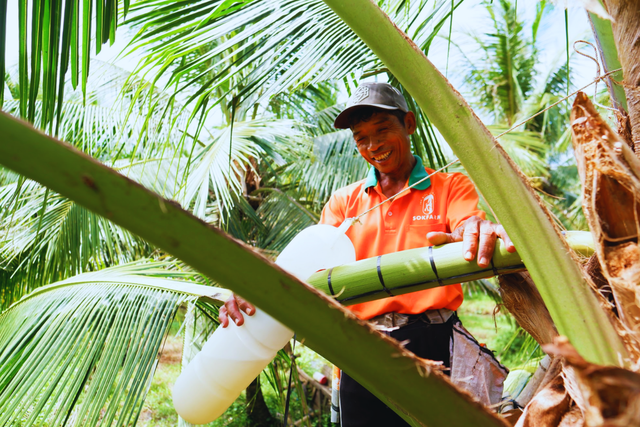
SIB Sokfarm supports sustainable livelihoods for the Khmer ethnic community in Tra Vinh. Photo: Collected
However, it cannot be denied that positive social and environmental impacts are not enough for SIBs to achieve their ESG goals, as most of these organizations are still small in scale and face challenges in commercialization, market expansion, and financial capacity to invest in production processes, equipment, and specialized personnel.
It is evident that ESG is no longer a “playground” reserved for large enterprises but is gradually becoming a target for all businesses. However, despite their commendable level of ESG commitment, the reality shows a significant gap between aspiration and action. Enhancing collaboration between large enterprises and smaller businesses that create positive social and environmental impacts could be key to accelerating ESG commitments for both groups of companies, facilitating market expansion for their products, and attracting impact investment capital.

